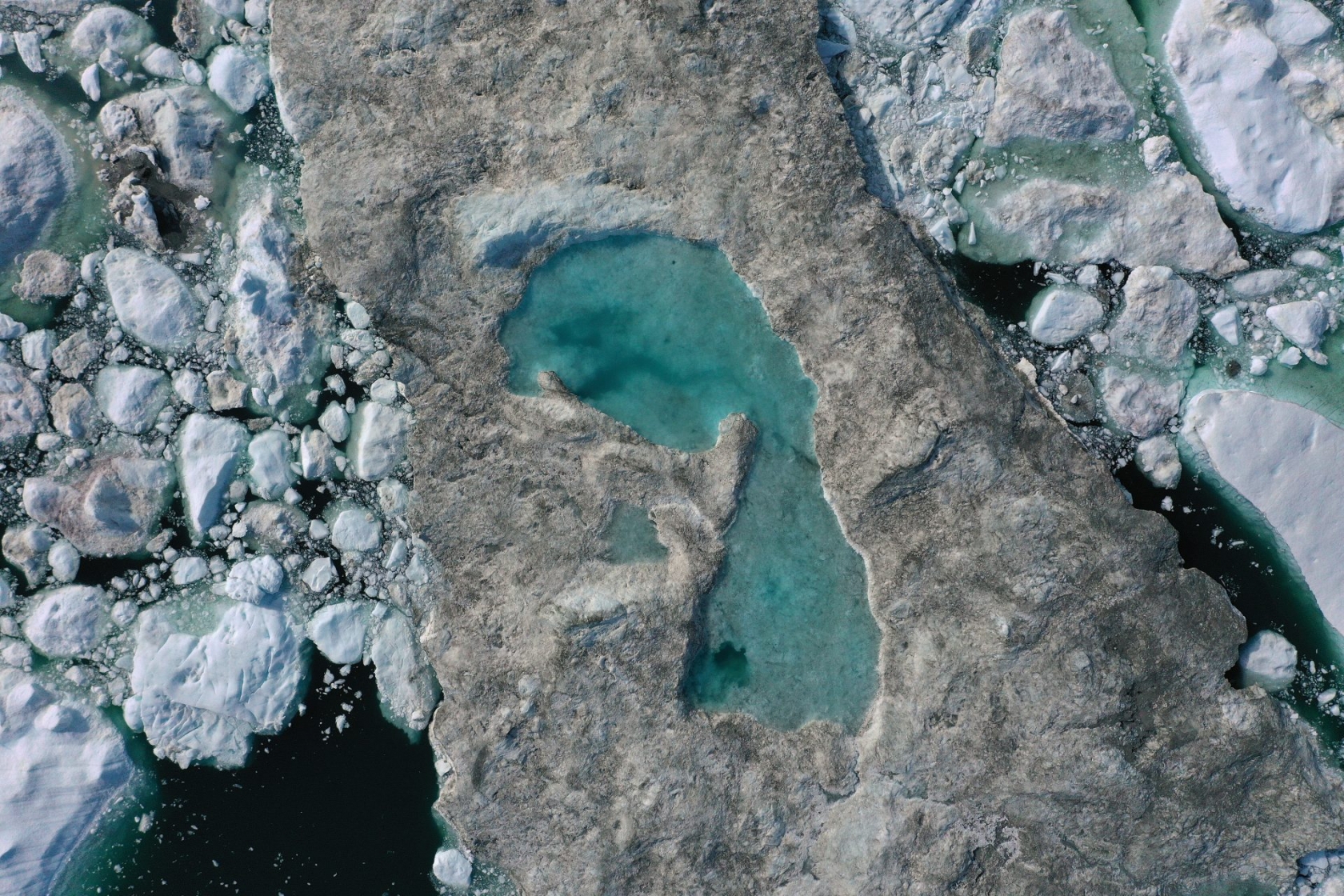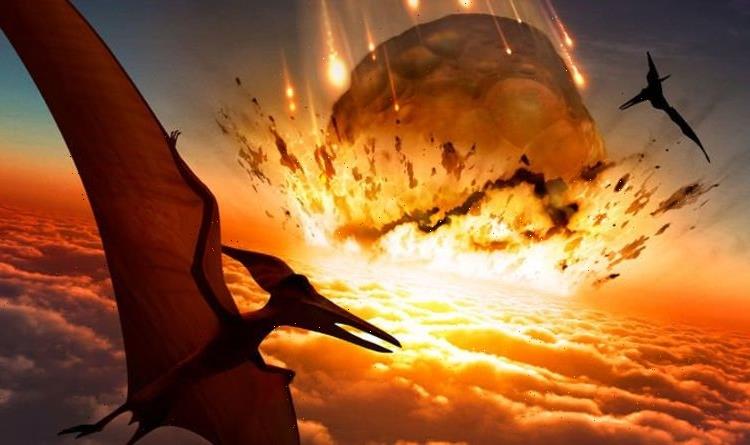When the coronavirus pandemic first hit the UK back in March 2020, many of us hoped that the lockdown restrictions brought in across the globe would have a positive effect on the environment in the short and long-term. But as lockdown has eased, conversation about the climate crisis has been non-existent. Here, one writer explains why that has made her eco-anxiety worse than ever.
If you’ve grown to fear the sound of a BBC news alert over the last 18 months, you’re not alone.
Against the backdrop of a global pandemic, I, like many people, have been limiting the amount of news I consume in an attempt to protect my mental health and wellbeing.
Indeed, while keeping up with the news is part of my job as a journalist, outside of my working hours, I’ve been swapping the anxiety-inducing stories for lighter, more digestible content.
But the latest report from the Intergovernmental Panel on Climate Change (IPCC) has made me sit up and pay attention. The extent of the climate crisis was brought into terrifying detail by the publication, which revealed that climate change is now inevitable and irreversible.
After spending the last 18 months thinking about the pandemic and the social impact of such a widespread event, I was hit by the realisation that the need for climate action is more urgent than ever – and that the delay in action caused by the pandemic could have made things worse.
Before this, I had naively assumed that the coronavirus pandemic had given us more time to deal with the climate crisis. We all saw the reports about the environment “recovering” at the beginning of the pandemic – of the cleaner air in Northern India which allowed citizens of a remote village to see the Himalayan mountains for the first time, or the improvement in water quality in Venice which allowed people to catch glimpses of wildlife which are often obscured by the cloudy water. As a result, I’d come to believe that, at least in some way, the pandemic had improved things. But I was wrong.
While the environment may have benefited from the reduced CO2 emissions we saw during lockdown, its since been confirmed that the impact on the climate was ‘negligible’ at best. Without a ‘green economic recovery’ which puts the climate first in all post-pandemic economic initiatives, or at least a strong push to reduce CO2 emissions as we move out of the pandemic, the small improvements we saw during lockdown will be but a blip in the otherwise worsening trend. And that’s what scares me the most.
Why? Because while I’ve been sticking my head in the sand and telling myself it’s OK to focus on one bad thing at a time, so too have hundreds of thousands of people around the world. The coronavirus pandemic has taken our attention away from the climate crisis, and in doing so has stolen a significant chunk of the time we had to take action.
Although it may be uncomfortable to talk about, we need to ensure we continue to hold businesses and governments accountable for what they’re doing to address this urgent issue, by supporting eco-friendly initiatives, shopping and consuming sustainably and calling on the government to engage in green economic initiatives.
Educating yourself and engaging with climate conversations around the world are also great ways to ensure you remain engaged in the long-term.
The coronavirus pandemic has shown what can happen when the world is united by a common crisis – I only hope we can come together in this way to fight the climate crisis, too.
For more information on anxiety, including what it is and how to cope, you can check out NHS Every Mind Matters or visit the Mind website.
This article was originally published in August 2020 and has since been updated throughout.
Images: Getty
Source: Read Full Article



